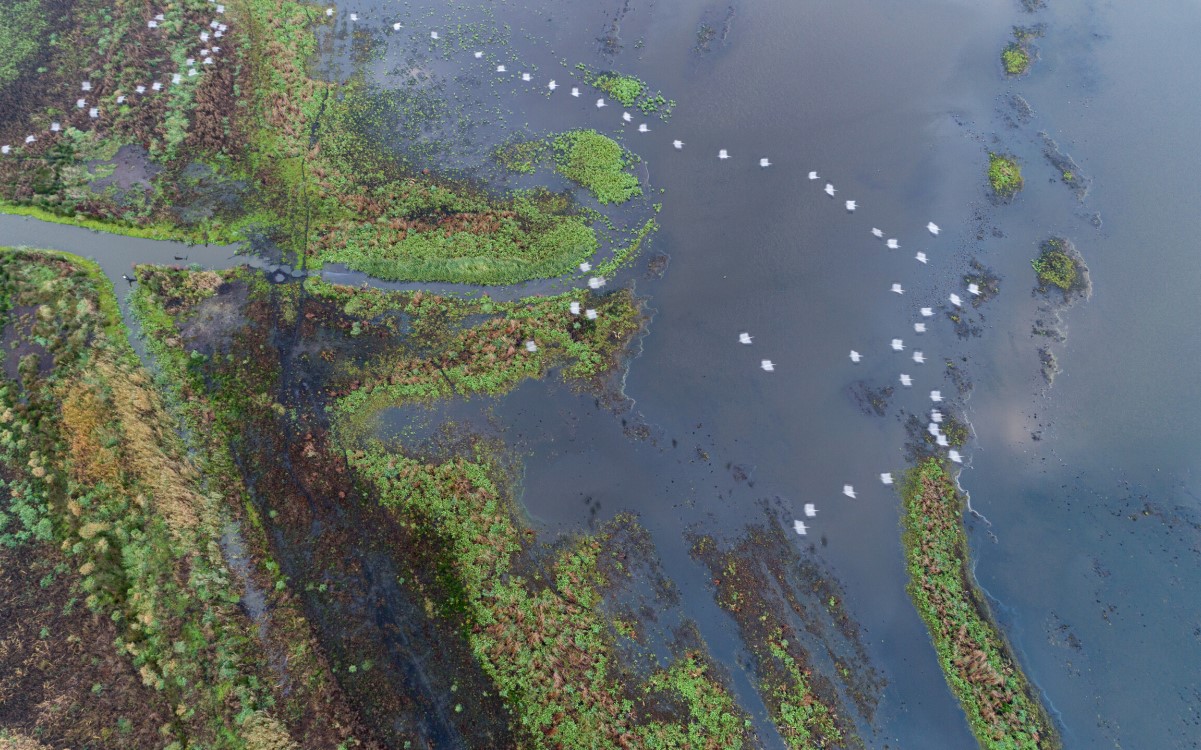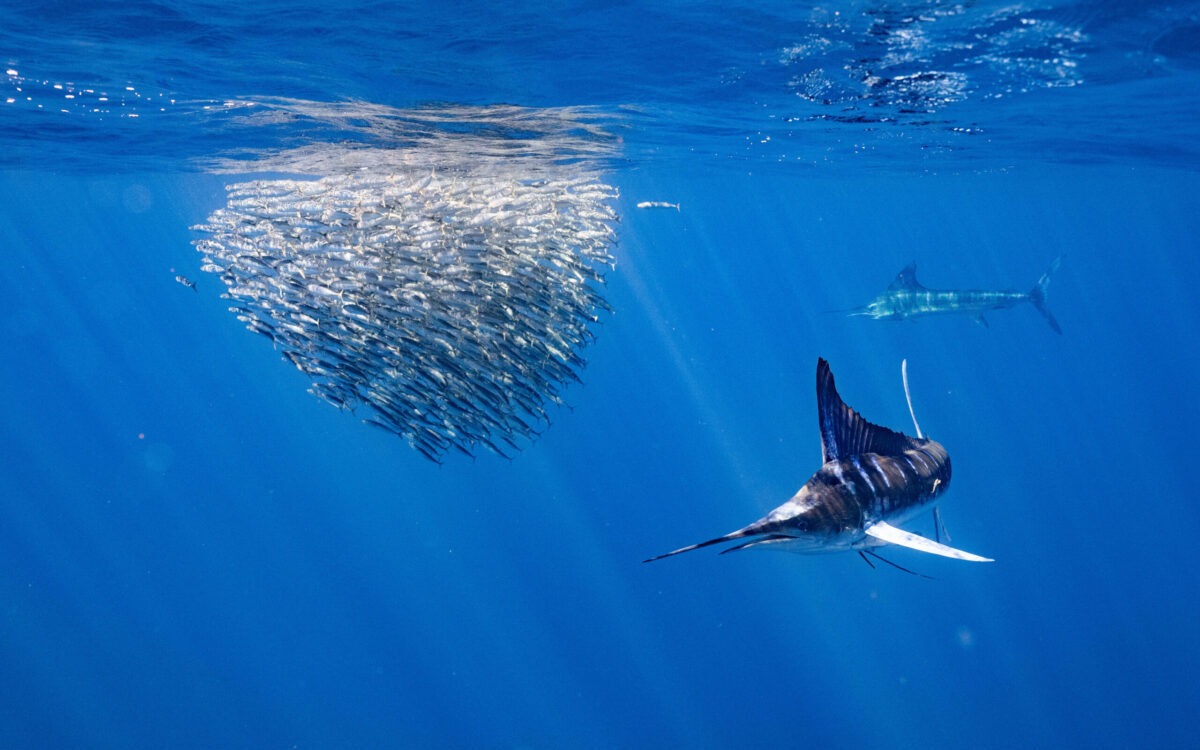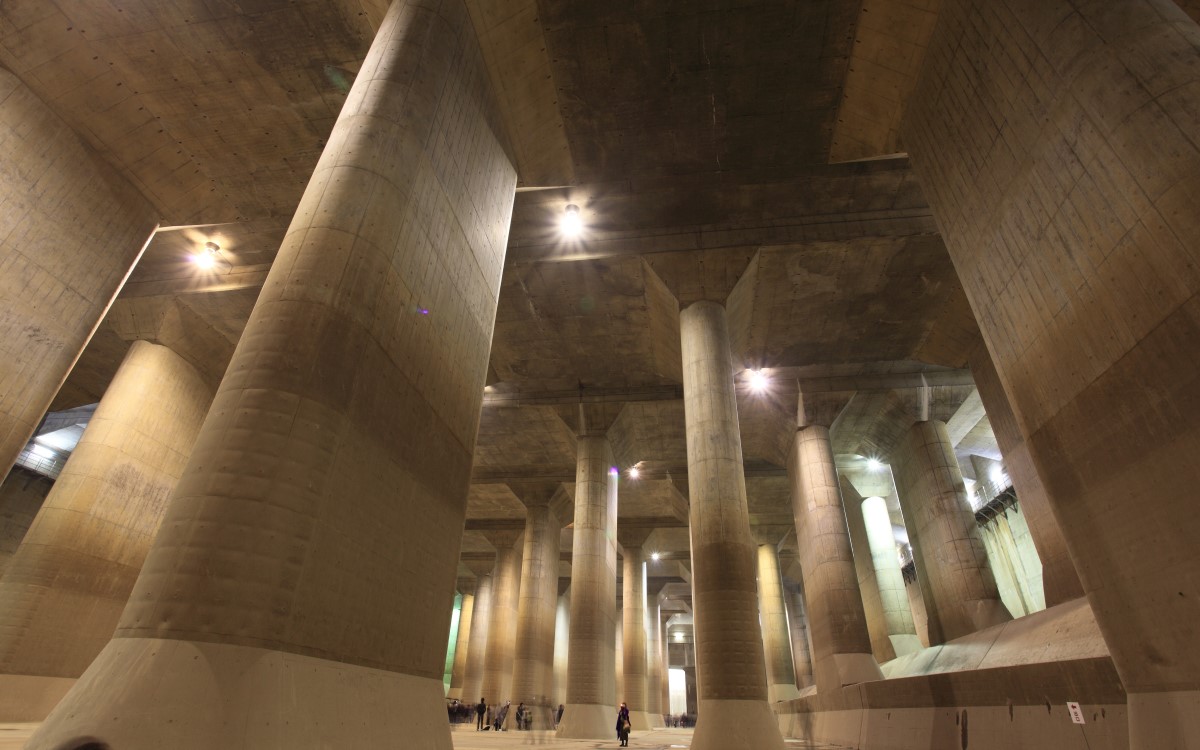The partnership was catalyzed by the discussions at the 8th World Water Forum in Brasilia, including the Citizens Forum and Sustainability Focus Group, and the High-Level Panel on Water report, “Making Every Drop Count”. The report says if the world continues on its current path, it may face a 40 percent shortfall in water availability by 2030. Health, food security, energy sustainability, jobs, cities, and ecosystems are increasingly at risk due to exacerbating natural variability of the water cycle and growing water stress.
The organisations
The World Bank Water Global Practice, 2030 Water Resources Group, Global Water Partnership, World Water Council, and UN Global Compact’s CEO Water Mandate commit to coordinate a set of actions toward increased water security. Water security underpins economic growth, social development and environmental sustainability.
The Making Every Drop Count report also finds:
- 40 percent of the world’s population is affected by water scarcity
- As many as 700 million people could be displaced by 2030 in search for water
- More than 2 billion people are compelled to drink unsafe water
- 4.5 billion people do not have access to safely managed sanitation
Aiming to find collaborative solutions to better manage and value water, the global multi-stakeholder partnerships will explore how to more effectively coordinate and align their efforts toward the urgent goal of water security, in line with the achievement of the Sustainable Development Goals.
On World Water Day 2018, the organizations agreed to:
- Take into account the outcomes of the 8th World Water Forum, proposed by the various political, thematic, regional, citizen, and sustainability processes
- Endorse the recommendations of the High-Level Panel on Water (HLPW) “Making Every Drop Count”
- Recognize the Sustainable Development Goal (SDG 17) that promotes partnerships as a key means of implementation of the 2030 development agenda – in particular for the implementation of the Sustainable Development Goals calling for a Water Secure World (SDG6)
- Commit to convene a series of discussions between the leaders of the organizations, starting in August 2018
- Explore and agree on pathways towards improving global coordination and collaboration among these and other organizations, in view of accelerating progress towards a water-secure world



